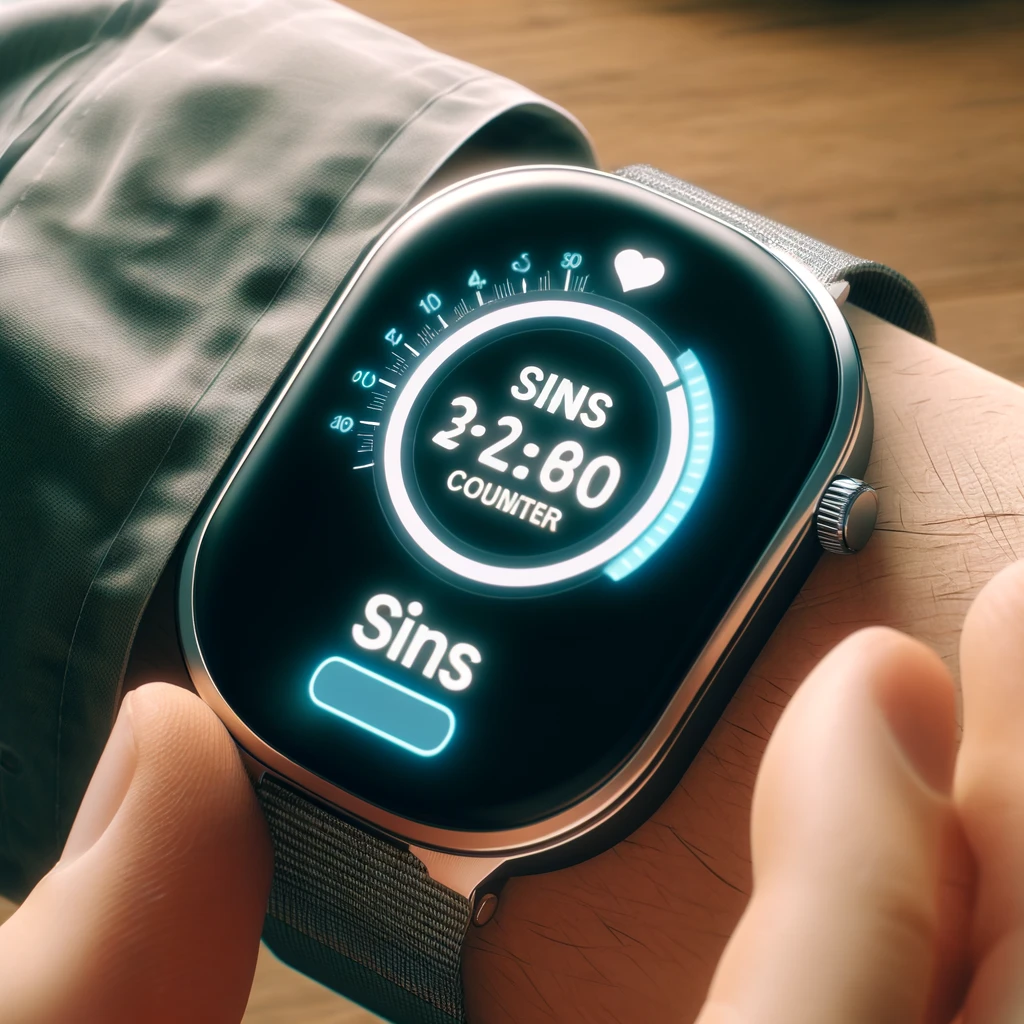After Ramadan: Nasiha of Dr. Zaynab Abu Fadl

Nasiha After Ramadan by Dr.Zainab Abo Elfadl*
After Ramadan ends, I want to share an important reminder: Don’t underestimate the impact of small sins!
The Prophet Muhammad, ﷺ , once said that small sins can have devastating consequences if they accumulate. Even minor infractions, like small lies or occasional gossip, can eventually erode our character.
Here’s an example that illustrates the gradual impact of these small sins. Think of a tall palm tree being slowly destroyed by termites, almost invisible to the eye, yet causing irreparable damage. In comparison, even a fierce storm doesn’t snap a single branch. This analogy shows how persistent minor misdeeds can ultimately lead to a greater downfall than one-time major transgressions.
I haven’t found a more profound expression of this idea than what our esteemed scholar Dr. Ayman al-Jundi wrote:
“Our eternal fate depends on the balance between our good deeds and sins accumulated over our lifetime! This attitude stems from the Quran, which repeatedly states that we are saved—or doomed—by our deeds:
“And that man can have nothing but what he strives for; And that his striving will soon come in sight: Then will he be rewarded with a reward complete; And that to thy Lord is the final goal.”
Although Allah’s mercy is fundamental to the righteous entering Paradise, the Quran emphasizes that they achieved it through their deeds: “And this is the Paradise that you were promised for what you used to do.”
Similarly, those destined for torment earned it through their actions:
“And We did not wrong them, but they wronged themselves.”
With this Quranic truth in mind—that our salvation or destruction depends on our deeds—let’s remember that we have two accountants: one for good deeds and one for sins.
If you wear a smartwatch, you’ll understand immediately. It continuously tracks your steps, counting even the simplest ones to the kitchen or bathroom, often without you noticing. By the end of the day, you may be surprised at the distance you’ve covered (even small steps).
The same happens with our counters for good deeds and sins! Therefore, my advice—from personal experience—is to immediately stop committing unnecessary sins because your sin counter doesn’t stop counting.
We commit two types of sins: those that are hard to cease without genuine repentance and a complete life overhaul, and trivial foolish sins that are easier to quit.
These trivial sins are counted against you and are ultimately insignificant to your life (so you think) and require little effort to stop, such as crude language, tasteless replies, silly gossip, and mocking others.
My advice to you and myself, if the time for full, sincere repentance hasn’t arrived yet (and how difficult it is for the soul!), at least immediately cease these trivial sins. Your sin counter is always running, and your record (which isn’t lacking) doesn’t need more sins added just for the sake of carelessness.”
*Dr Zainab Abo ElFadl – Professor of Usul al-Fiqh and Fiqh, Tanta University, Egypt.
